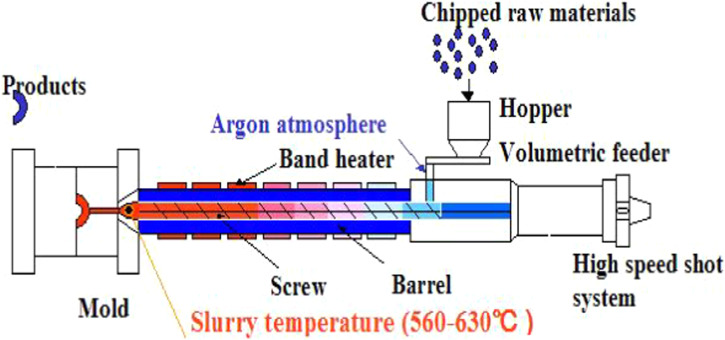When it comes to choosing the material for various applications, one of the common dilemmas faced by manufacturers and consumers is whether to opt for cast aluminum or cast iron. Both materials have their own unique properties and advantages, making it important to understand the differences between the two in order to make an informed decision. In this article, we will compare cast aluminum and cast iron in terms of their characteristics, performance, and applications to determine which material is better suited for specific uses.
Firstly, let’s delve into the characteristics of cast aluminum. One of the key features of cast aluminum is its lightweight nature. Aluminum is approximately three times lighter than iron, making it a preferred choice in applications where weight is a concern, such as in the automotive and aerospace industries. Additionally, aluminum has excellent thermal conductivity, allowing for efficient heat dissipation. This makes it an ideal material for heat exchangers and other heat-sensitive components.
On the other hand, cast iron is known for its exceptional strength and durability. It possesses high compressive strength, making it resistant to deformation and capable of handling heavy loads. Cast iron also provides excellent heat retention, making it suitable for applications that require prolonged heat exposure, such as cooking utensils and engine blocks. Furthermore, cast iron has a higher wear resistance compared to cast aluminum, making it more suitable for applications that involve constant friction or abrasion.
In terms of performance, cast aluminum and cast iron have their own advantages and limitations. Cast aluminum has a lower melting point than cast iron, which means it can be easily molded and cast into complex shapes. It also has a better corrosion resistance, making it suitable for outdoor applications where exposure to moisture and harsh weather conditions is inevitable. However, aluminum has a lower tensile strength compared to iron, making it more prone to bending or breaking under high stress or impact.
On the contrary, cast iron has a higher tensile strength, enabling it to withstand heavy loads without deformation. It also exhibits better damping properties, which means it can effectively absorb vibrations and reduce noise. However, cast iron is more susceptible to corrosion, especially in environments with high levels of humidity or chemicals. It requires regular maintenance and protective coatings to prevent rust and deterioration.
When it comes to applications, both cast aluminum and cast iron have their own areas of expertise. Cast aluminum is commonly used in the production of automotive parts, such as engine blocks, cylinder heads, and intake manifolds. Its lightweight nature contributes to fuel efficiency and improves overall vehicle performance. Additionally, aluminum is widely utilized in the manufacturing of cookware, electrical housings, and electronic devices due to its excellent heat conductivity and corrosion resistance.

On the other hand, cast iron finds its applications in heavy-duty industries. It is commonly used in the construction of large machinery, such as pumps, compressors, and industrial equipment, where strength and durability are paramount. Cast iron is also extensively used in the production of cookware, such as frying pans and Dutch ovens, due to its heat retention properties and ability to distribute heat evenly.
In conclusion, the choice between cast aluminum and cast iron ultimately depends on the specific requirements of the application. Cast aluminum is preferred for its lightweight nature, excellent thermal conductivity, and corrosion resistance, making it suitable for automotive and various consumer products. On the other hand, cast iron’s exceptional strength, durability, and heat retention properties make it ideal for heavy-duty machinery and cookware. Manufacturers and consumers must carefully evaluate their needs and consider the properties of each material to determine which one is better suited for their intended use.
-

- Hořčíkové tixomilovací díly Pouzdro UAV
-

- Dětské kolo ze slitiny hořčíku a hliníku 3-8 let staré Levný výprodej 14palcové dětské kolo FOREVER Velkoobchod 2022
-

- Tixomulační lití z hořčíkové slitiny odlévání dílů UAV
-

- Odlévané kolo z hořčíkové slitiny pro ebike
-

- Díly a komponenty na kolo z hořčíkové slitiny pro dětská kola
-

- Elektrické kolo z hořčíkové slitiny 12palcové integrované kolo 36v10ah elektrický moped

 0086-750-5616188
0086-750-5616188 +86 13392089688
+86 13392089688 sales@zhongmei-tech.com
sales@zhongmei-tech.com







